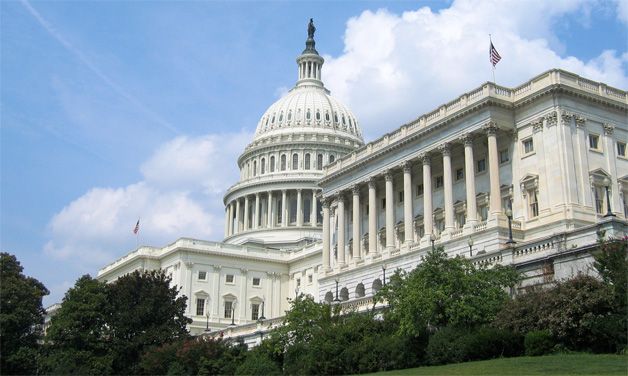http://www.medpagetoday.com/search/?q=Antioxidants+in+Blood+Tied+to+Better+Cognition
****
Antioxidants in Blood Tied to Better Cognition
Published: Sep 25, 2013 | Updated: Sep 25, 2013
VIENNA -- Blood concentrations of some antioxidative micronutrients were positively associated with executive function and visuopractical skills, researchers reported here.
Among healthy patients, plasma concentrations of non-provitamin A were positively and significantly associated with executive function, before and after adjustment for body mass index (BMI), smoking status, diabetes, hypertension, and cardiac disease (Beta=0.086, P<0.05), according to Abhijit Sen, MSc, of the Medical University Graz in Austria, and colleagues.
Additionally, concentrations of provitamin A were positively and significantly associated with visuopractical skills (Beta=0.066, P<0.05) before and after adjustment, Sen said at an oral presentation during the World Congress of Neurology meeting.
Past research has shown positive relationships between diet and memory, including one study that tied omega-3 and vitamin consumption to healthy cognition in older adults, and another that showed slowed cognitive decline in older patients who consumed a diet low in fat and high in nuts, vegetables, and legumes.
However, these studies have not based results on actual plasma concentration of the micronutrients potentially associated with healthier minds, Sen said during his presentation.
The investigators analyzed plasma concentrations of 10 antioxidative micronutrients in a cohort of 767 healthy older patients (mean age 66) who were enrolled in the Austrian Stroke Prevention Study and assessed the nutrients' relation to five global and domain-specific realms of cognitive function, as well as whether relationships were mediated by white matter lesions and brain atrophy.
The study population was mostly female (58%), mostly hypertensive (71%), and had a mean BMI of 26. Additionally, 11% of patients had diabetes, 40% had cardiac disease, 19% were carriers of the e4 allele, 28% had smoked previously, and 11% were current smokers at the time of the study. They did not have a history of neuropsychiatric disease.
Plasma was analyzed for concentrations of alpha-carotene, beta-carotene, beta-crytoxanthin, canthaxanthin, lutein and zeaxanthin, lycopene, alpha-tocopherol, gamma-tocopherol, and vitamin C through reverse phase chromatography. These were transformed into a z-score, then put into subgroups based on chemical properties, which included:
- Provitamin A: a construct of alpha-carotene, beta-carotene, beta-crytoxanthin, and retinol
- Non-provitamin A: a construct of lutein and zeaxanthin, lycopene, and canthaxanthin
- Vitamin E: a construct of alpha-tocopherol and gamma-tocopherol
- Vitamin C
The authors compared concentrations of these vitamin groups with outcomes in tests for memory, executive function, attention speed, visuopractical skills, and general cognitive ability. White matter lesions and brain volume were assessed via MRI.
Linear regression of the association with nutrient concentration with cognitive outcomes were computed in two models. In one, scores were adjusted for age, sex, education, and ApoE genotype. The second included those, as well as BMI, smoking status, hypertension, diabetes, and cardiac disease.
Although associations were seen with cognitive function and provitamin A and non-provitamin A, there were no other associations seen with other micronutrients. There was also no mediation in the association seen between brain atrophy or brain lesions.
Sen noted two possible mechanisms of action were "regulation of all trans-retinoic acid that may modulate synaptic plasticity and cognitive function via the retinoic acid signalling pathway," and possible modulation of synaptic plasticity by lutein and zeaxanthin, as prior research has suggested.
Session moderator Jagjit Chophrah, PhD, FRCP, of the Postgraduate Institute of Medical Education and Research in Chandigarh, India, noted that the association was interesting, but that the study population was small and limited to healthy individuals. The study needed confirmation with an extension to a less limited population, he told MedPage Today.
The authors declared no conflicts of interest.






